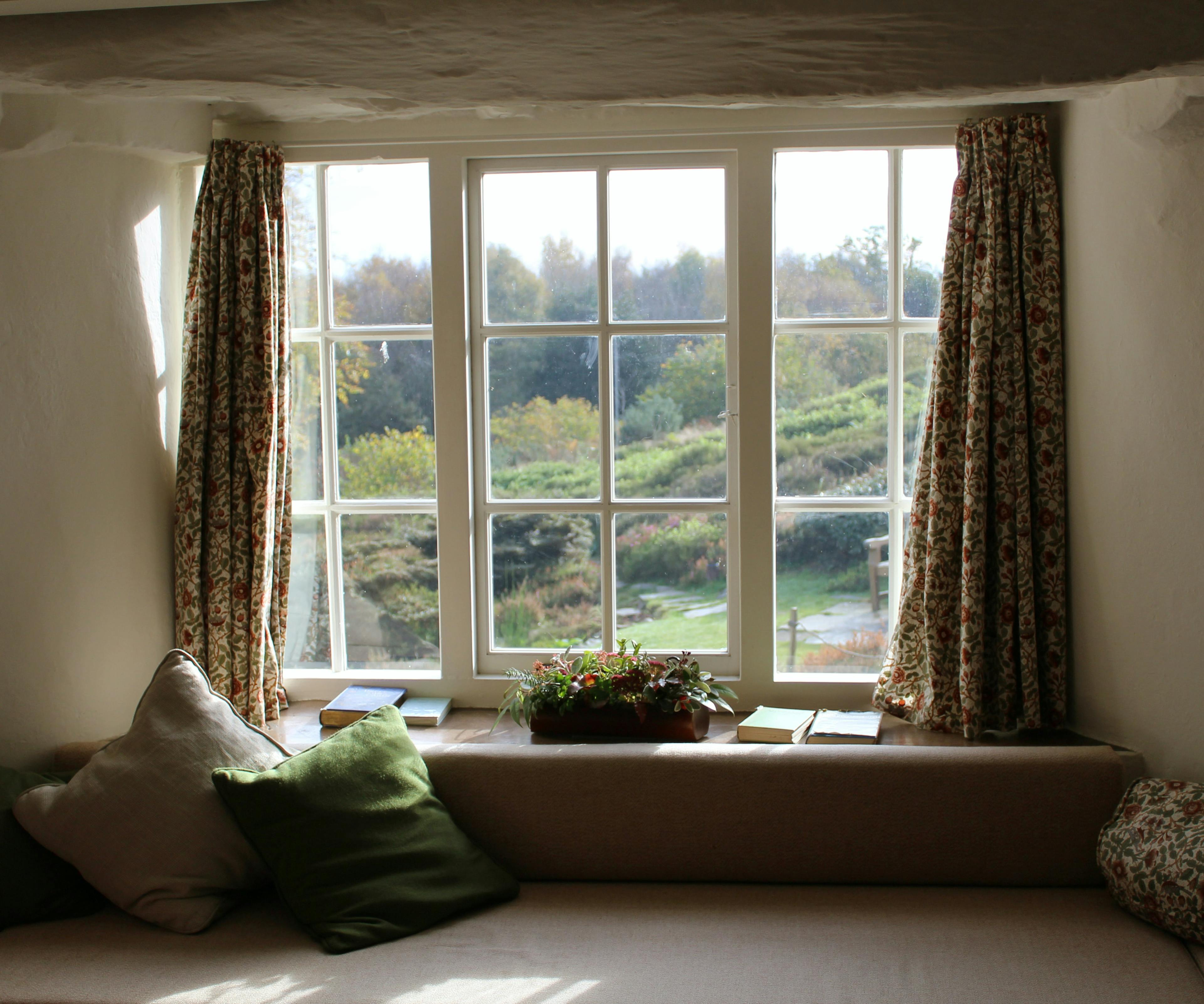Every neighborhood has a few fixer-upper houses that are run-down, outdated, or abandoned. A creative homebuyer might drive past these properties and think how great they could look with a little work and a fresh coat of paint. However, buying a fixer-upper is a significant investment, both in time and money. While you have the chance to buy your dream house, you could also be in for a lot more work. Here are the pros and cons of buying a fixer-upper.
Pros of Buying a Fixer-Upper
At first, the prospect of buying a fixer-upper may be appealing – and with good reason. Here are a few reasons why people are drawn to this buying option:- The price is lower than other houses in the area. Simply put, you pay less for a fixer-upper. While you will need to spend more to improve the house, the listing price and downpayment are lower.
- You can secure specific home loans for fixer-uppers. There are certain mortgage and loan options that are geared toward fixer-uppers. These loans are meant to improve neighborhoods and local communities. You could get a fair interest rate and good mortgage with these options.
- You decide which improvements are prioritized. Your fixer-upper will likely have a list of items that need to be done, but that list is up to you. You can live with an outdated bathroom if you really want to reseal the pool for summer – or vice versa. You can decide what is important.
- You can build the home however you like. Instead of looking for a house that has all of your needs, you can find a house in a good area and build it to your needs. You can choose the design, the trends, and even the layout in some cases. You can build your dream house.
- You can gain access to a better neighborhood. It’s hard to find houses on the market in popular neighborhoods. Some are bought within a few days while buyers drive the price up in bidding wars. Buying a fixer-upper can help you get your foot in the door for a nice, high-demand neighborhood.
- There is less competition for fixer-uppers. This is similar to the point mentioned earlier. If there is a housing shortage in your area, it is easier to put in a bid for a fixer-upper, and you increase your chances of getting the home because of lower demand.
- You can decide how much of the project you do yourself. If you are handy or want to make a long-term project of the house, then you can save money by handling the updates yourself. While there are certain aspects that you will want to hire a professional for (like plumbing and electric), you can paint, remodel, and update your home on your own if you are skilled and have the time.
Cons of Buying a Fixer-Upper
The allure of a good fixer-upper doesn’t come without its drawbacks. Here are a few things you need to be concerned about as you look into buying a fixer-upper.- Renovation costs drive up what you spend on the home. While you might think you are saving money by buying a fixer-upper, you will actually break even – or likely spend more. This is because renovations are expensive. The worse the case of the home, the cheaper it likely is – which means you will have to pay more to get it up to your living standards.
- Budgeting for a fixer-upper is exceptionally hard. Unless you are an expert home flipper, it is almost impossible to budget for a home renovation. The cost of extra labor, upgraded materials, and other projects will drive your expenses up. Even if you have a set budget for renovations, it is easy to go over it.
- You are buying a long-term project. You could settle into a move-in ready house within a few months. A fixer-upper could take a year or more to renovate. During this time, you are either living in a construction zone or need to rent another place until the home is move-in ready.
- There may be hidden problems that need to be addressed. While the inspection will cover every issue in the house, new problems might pop-up. Accidents happen or issues go unnoticed until the project has begun. This extends both the timeline and the necessary budget to remodel your fixer-upper.


